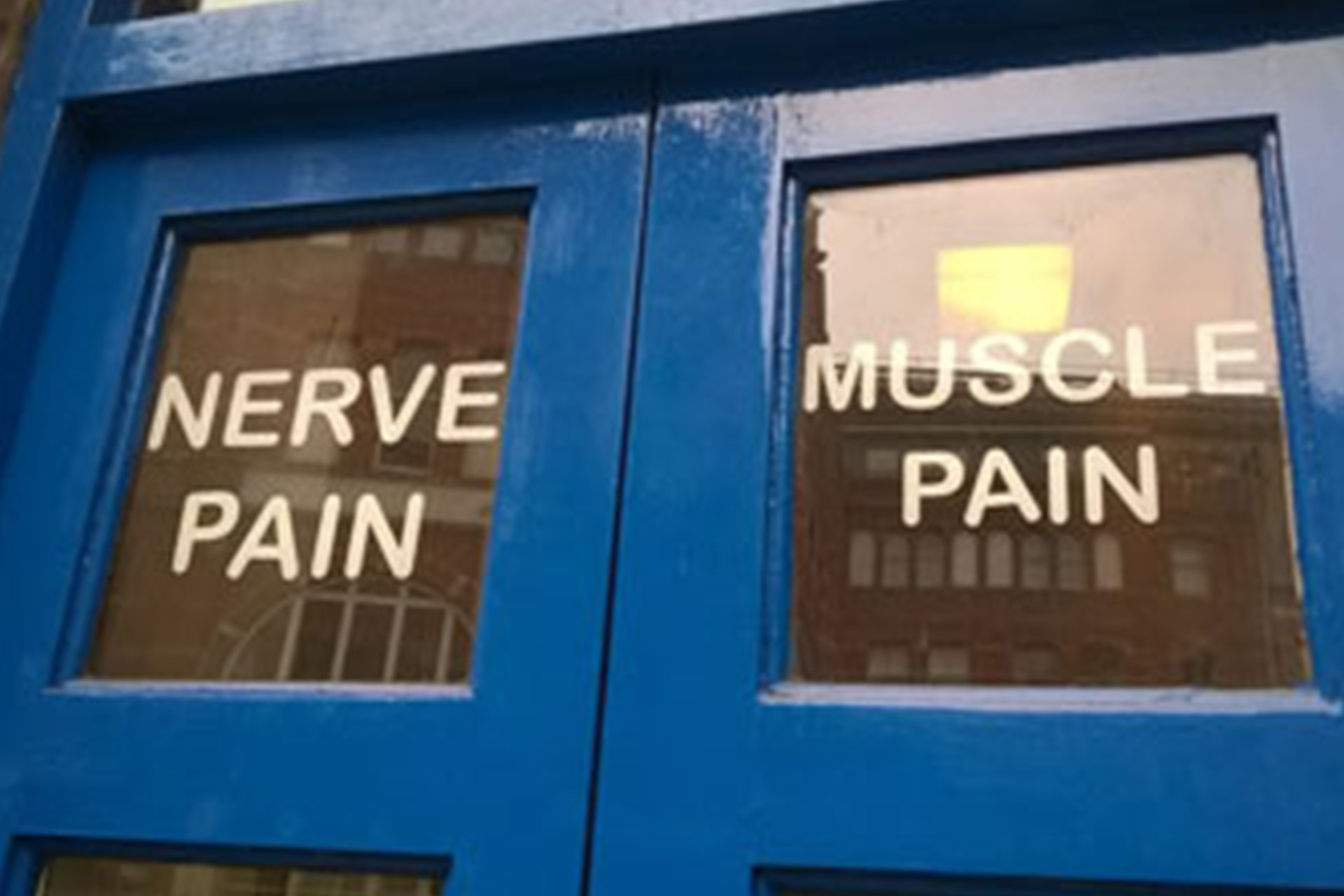TMJ pain is not a diagnosis as it could mean one of several things. All it indicates is that the pain is in or around the temporomandibular joint (TMJ). While muscle pain is the most common mechanism in TMJ pain, the specific mechanism in a patient could be very different and muscle pain may just be a result of a different mechanism.
Some of the common diagnoses in TMJ pain or orofacial pain are:
- Muscle disorder
- Myalgia
- Muscle spasms
- Muscle contractures
- Muscular headaches (commonly morning headaches)
- Joint disorder
- Degenerative joint disease
- Jaw locking – closed (articular disc displacement without reduction)
- Jaw locking – open (subluxation of the joint)
- Systemic disorder (medical disease such as auto-immune condition, PTSD, abnormal growths, etc)
- Neurological disorders (headache disorders, trigeminal neuralgia etc)
- Trauma &/or stress
- Sleep disorders

